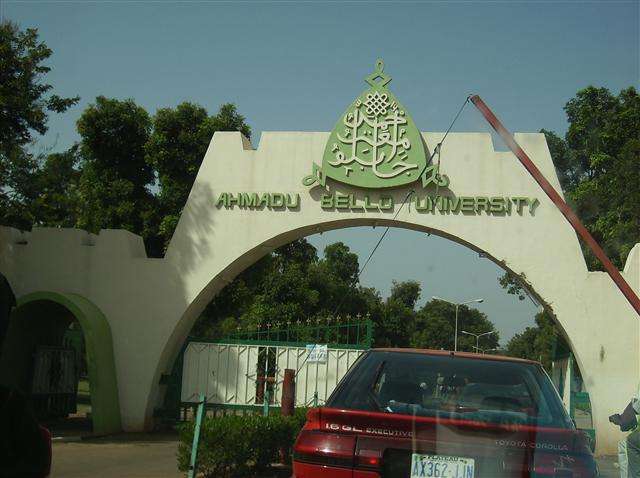Over 40 workers across faculties and departments at the Ahmadu Bello University (ABU), Zaria, have written to President Bola Ahmed Tinubu who is the visitor to the university to intervene in a looming electricity crisis in the institution.
The Tuesday letter was copied to the Senate president, Speaker of the House of Representatives and the Nigeria Labour Congress (NLC).
They said they were forwarding their complaint as Nigerian citizens and academic staff of ABU over the debilitating energy crisis bedevilling the university given the centrality of electricity supply to the university’s operations.
The letter reads in part: “We take this action out of the conviction that, as the President of the Federal Republic of Nigeria and Visitor to the university, Your Excellency is in a position to mediate over the matter, especially because the crisis aggravated with the recent high increase in electricity tariff in the country, which ABU in particular and Nigerian public universities in general, cannot afford due to their weak financial position resulting from chronic underfunding.”
- NIGERIA DAILY: Sokoto State Government’s Intentions For The Sultan
- Why Nigeria must pay attention to UK’s elections tomorrow
They lamented that the Tinubu administration had embraced the neo-liberal, market-oriented reform agenda with uncritical zeal and haste despite of the high level of stagnation of the nation’s economy, the progressive decline of the purchasing power of the national currency, depressed wages, widespread poverty, stagflation and general insecurity.
They further said, “Furthermore, the constant threats and the actual brazen acts of disconnection of the universities from the national grid by the DisCos pose an existential peril that the universities live with on a daily basis now.
“The last time the DisCo here, in a fit of corporate impunity, disconnected ABU, the system was left brutally traumatised, injured and paralysed. The losses were beyond count. A young doctoral scholar in the sciences, for instance, lost over 1,000 painstakingly but systematically sampled bovine cardiac tissue research specimens.
“Many other scholars and students had thousands of carefully cultured microbial samples in their laboratories wiped out. More than a thousand households had their precious little foodstuff destroyed.
“The ABU campuses, during the over one month of imposed total darkness, became desolate; staff, students and families lived like hunter-gatherers, scavenging for firewood and water from bushes, dirty wells and streams under heightened susceptibility to waterborne epidemics.”
They noted that ABU, for instance, with an average total annual budgetary overhead grant of N150m, now required an astounding but affordable N3.6bn (monthly average of N300m) to settle its annual electricity bill at the cost of N206/kWh per unit of Band A.
They also said that if the N3.6bn were to be transferred to the university’s 50,000 students, the current municipal charges alone would have to be hiked up by at least a rate of 500 per cent.
They further said that not only was the sum impossible to pay by virtually all the students, but that it also negated the position of “your (Tinubu’s) government” on the matter.
They among others urged the federal government as part-owner with 49 per cent stake in GenCos and DisCos and continually investing more in them to direct the DisCos to provide unrestricted supply of electricity to all Nigerian universities in return for some tax credits.
The letter reads further: “On the other hand, Your Excellency, the government could also charge the DisCos to create a new dedicated social tariff band with lower rates that universities can afford given their present funding realities.”

 Join Daily Trust WhatsApp Community For Quick Access To News and Happenings Around You.
Join Daily Trust WhatsApp Community For Quick Access To News and Happenings Around You.


